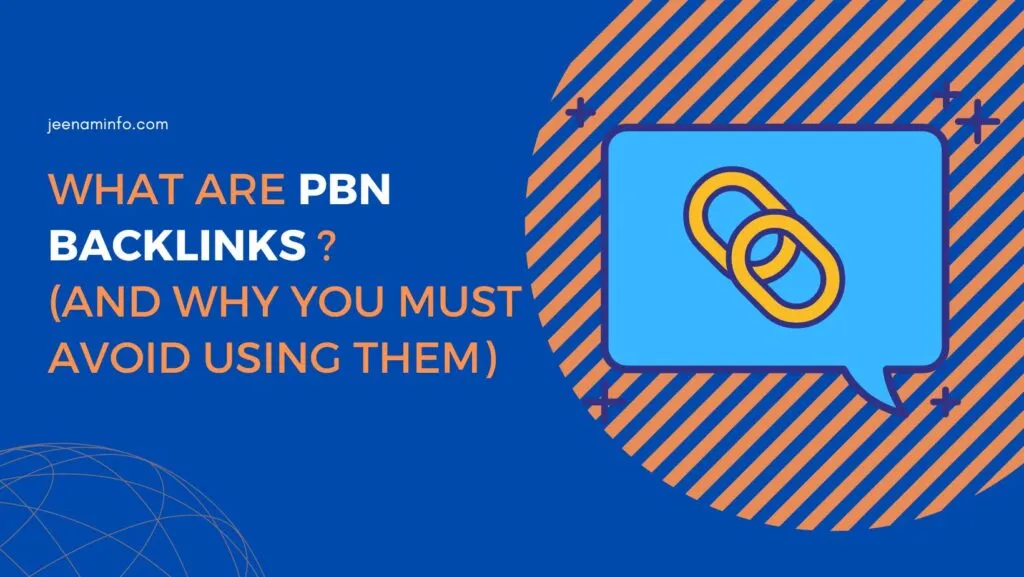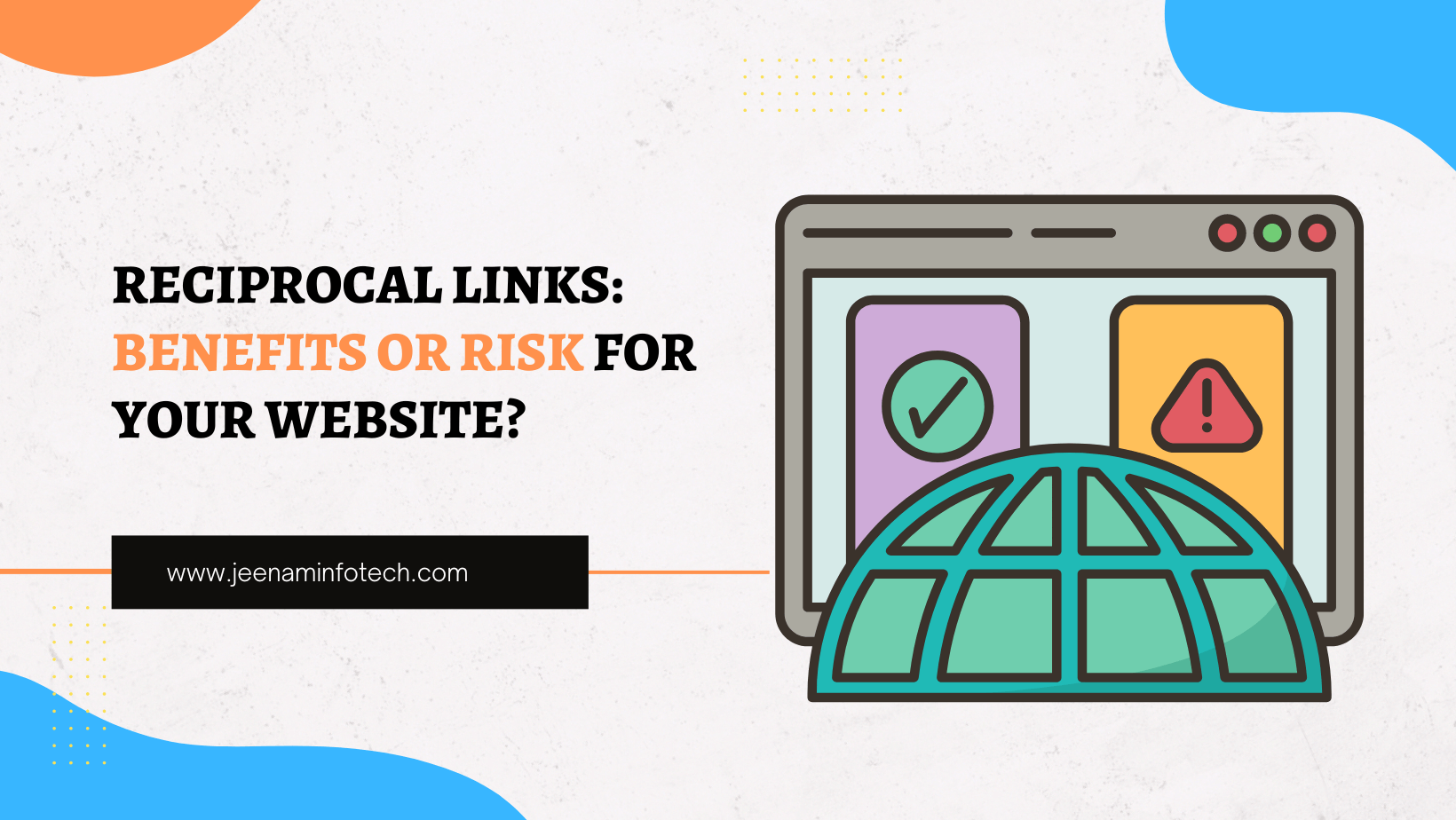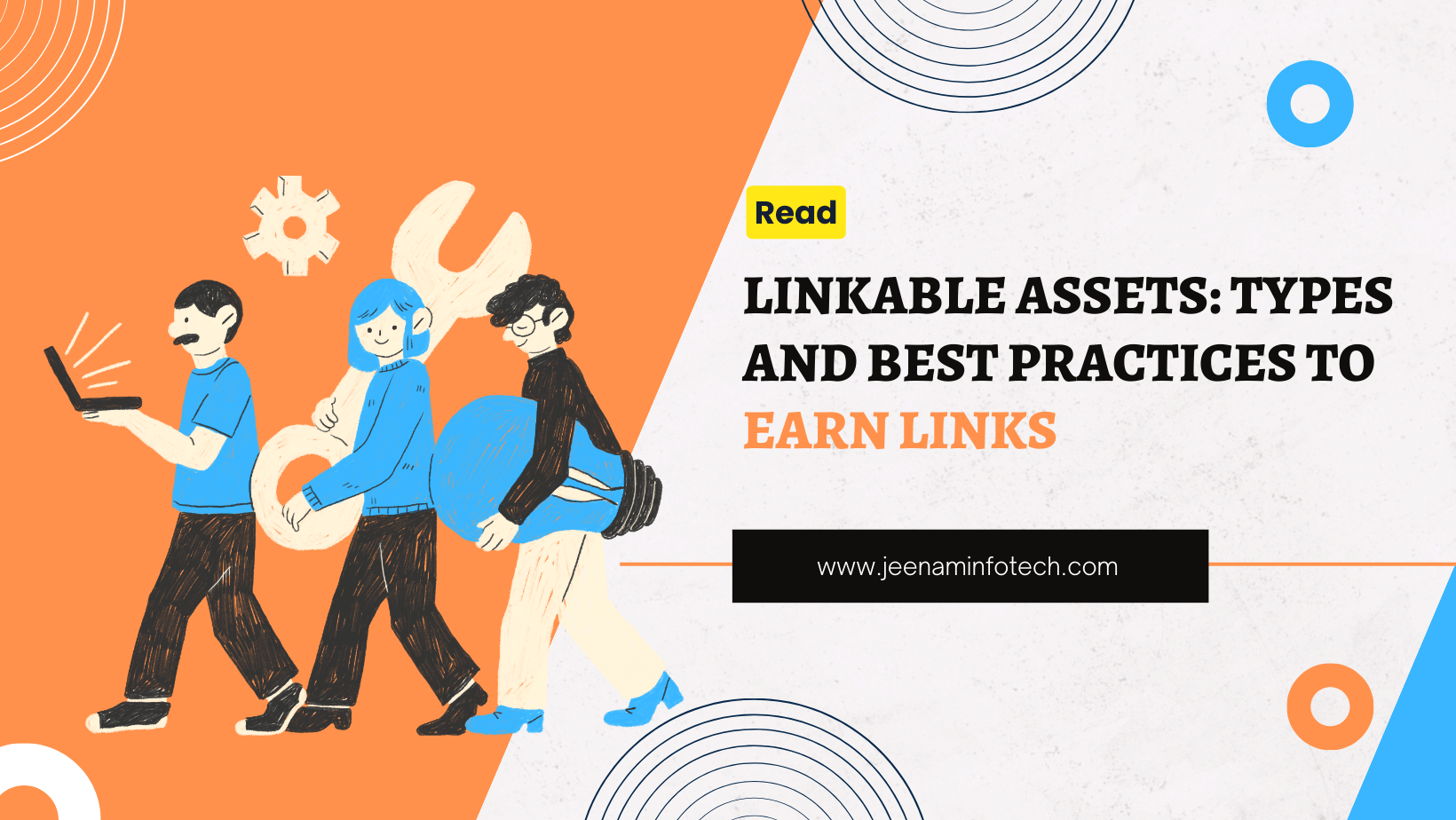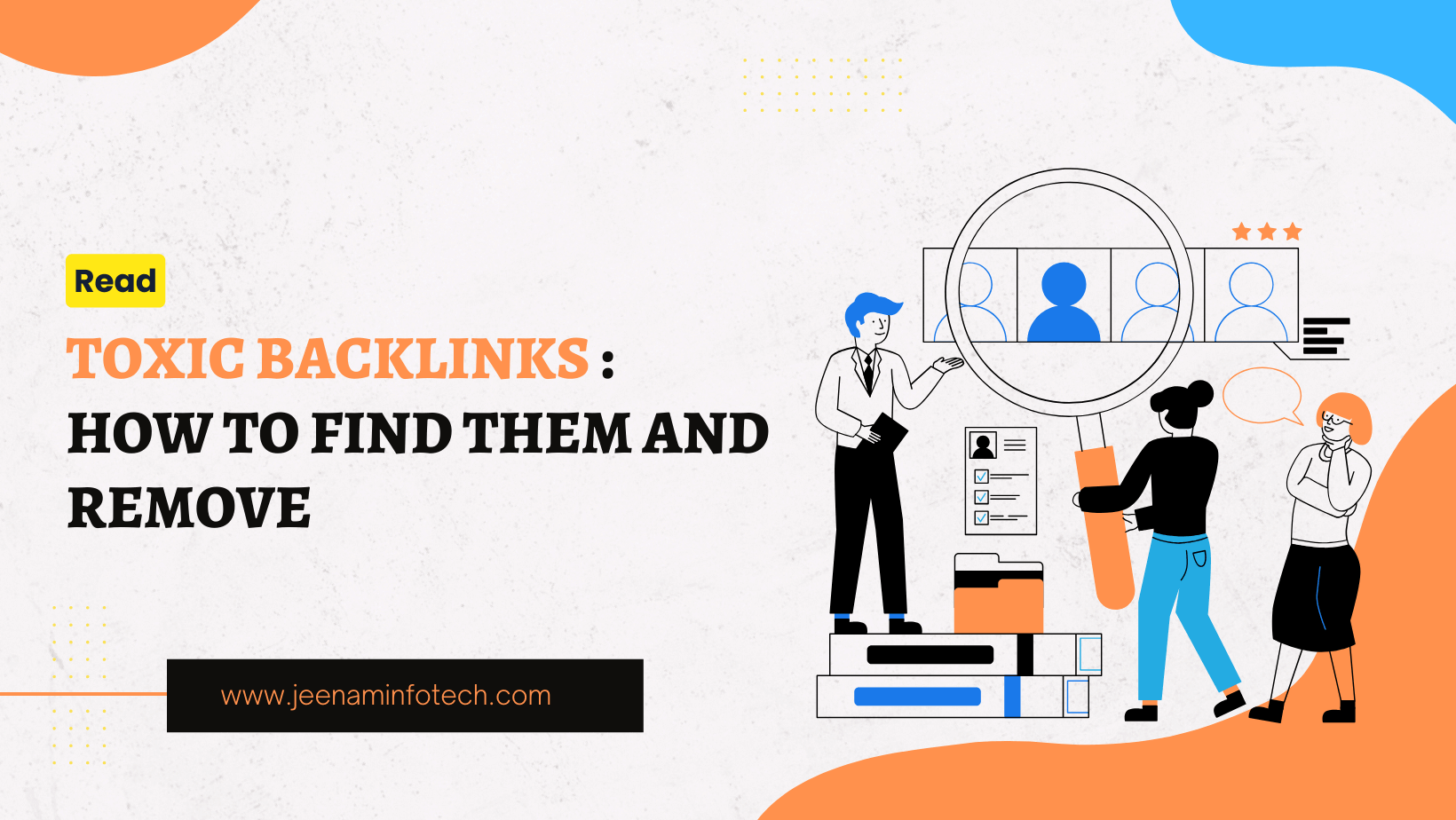Private Blog Network is very helpful for SEO. Many people still don’t have any ideas about SEO PBN backlinks and what is PBN link building? It’s most likely something to be thankful for because you would rather not engage with this dark cap backlinking strategy, yet you ought to essentially understand what they are and how to keep away from PBN backlinks.
We provide all information about Private Blog Network in this post. If you want to know all about PBN backlinks and why you shouldn’t use these backlinks, this post is best for you. Let’s start with the introduction of PBN backlinks.
What are PBN Backlinks?
PBN backlinks are joins worked from an organization of exclusive sites to another webpage. The PBN destinations just exist to connect to the fundamental site and ideally push the pages up the web index rankings.
source:orangeseo.net
PBNs can work since Google’s calculation utilizes a site’s connection profile while choosing where to rank it.
The thought is that pages draw in joins when the substance merits connecting to, so countless connections can be an indication that a page is excellent.
If you’re adding your connections from a PBN to your primary site, it doesn’t intend that by any stretch of the imagination. It simply implies you’re attempting to game the framework.
Along these lines, web indexes could do without PBNs. And keeping in mind that they used to be a viable method for positioning sites, Google is presently proficient at finding these organizations and punishing individuals who use them.
40-50 PBN Backlinks are good for your site in a month, according to sources.
Are PBN Links Worth it?
The Google update from December 2017 expressly penalizes connections from PBNs and other artificial sources.
The principal issue with PBN backlinks is that they’re unnatural. Web search tools could do without unnatural positioning strategies.
But, as disliked as PBN backlinks are, there are as yet numerous SEOs who adhere to this strategy as their meat and potatoes for positioning their sites.
Building PBN backlinks is more helpful than regular backlinks because you have full caution over how and where to assemble the connections.
You can satisfy connections to your cash destinations utilizing your favored anchor texts. You can likewise interface between destinations to build the progression of connection juice to the cash locales.
Regardless of whether you own a PBN, you can buy backlinks from individuals with associations with a PBN proprietor.
The main limit that a PBN gives relies upon the number of locales or sites you have in your organization. The more online journals with existing power you have, the more open doors you have with your external link establishment crusade.
More people use SEO PBN backlinks and are working on PBN link building at this time because your site can rank fastly, and the organic viewer rates are increasing rapidly by using PBN backlinks.
Many bloggers also buy PBN links for fast ranking. If you are planning for PBN backlinks, first know its disadvantages and advantages of it.
How to Know if you already have PBN Links?
There are a lot of platforms available for checking the backlinks of your site, but Monitor Backlinks is better than others, this platform is very easy to use, and most people use this platform for checking the PBN links of their site.
Follow the below steps on the Monitor Backlinks Platform :
The thing about PBN destinations is that they have great scores on specific SEO measurements. In this way, expect to see high Domain Authority and Page Authority for these destinations.
All things being equal, it centers around different measurements, for example, Moz’s Spam Score and Majestic’s Flow Metrics.
These scores fundamentally show the nature of backlinks the destinations have. To take advantage of your backlinks, be careful about destinations with high Spam Scores and low Flow Metrics.
In this model, the connection in the red box is possibly from a PBN site because of its high Spam Score and low Flow Metrics.
You’d have to physically check the site in light of its benefits to settle on an educated choice. Signs that the site might be important for a PBN incorporate slender or harmful quality substances or countless broken joins.
On the off chance that you don’t have Monitor Backlinks for yourself, you can pursue a 30-day free preliminary to find potential PBN connections to your site.
Utilize this potential chance to free your connection profile of nasty locales and work on your possibilities of getting higher SERP rankings.
Why Shouldn’t You Create PBN Backlinks?
Most people don’t build or buy PBN links because the disadvantages are more than the advantages.
- Platforms like google do not allow PBN backlinks because it causes severe google penalties.
- These links are expensive and hard to sell when your site is built with PBNs. Your organic traffic also goes down when Google finds your site.
- The motivation behind getting backlinks from a PBN is to live up to the site’s capability of creating however much pay as could be expected.
- They realize that web search tools will punish their locales somehow. It’s simply an issue of expanding your benefits before Google cuts down the mallet.
Except if you’re willing to set your site ablaze just to create moment cash, PBN backlinks look bad in the long haul. You’re in an ideal situation building joins the white cap way.
So, it’s all about PBN link building and why you shouldn’t think of buying these types of backlinks. A huge number of people give offers like PBN links for sale and more on their site. So, these are the reasons to avoid PBN backlinks.
Conclusion :
Getting backlinks from a PBN is an extremely troublesome subject. There will be individuals who will utilize PBNs to fabricate joins, taking everything into account. Nonetheless, and as referenced as of now, there’s an excessive amount of hazard implied while utilizing PBN backlinks in your endeavors to expand your site’s rankings.







